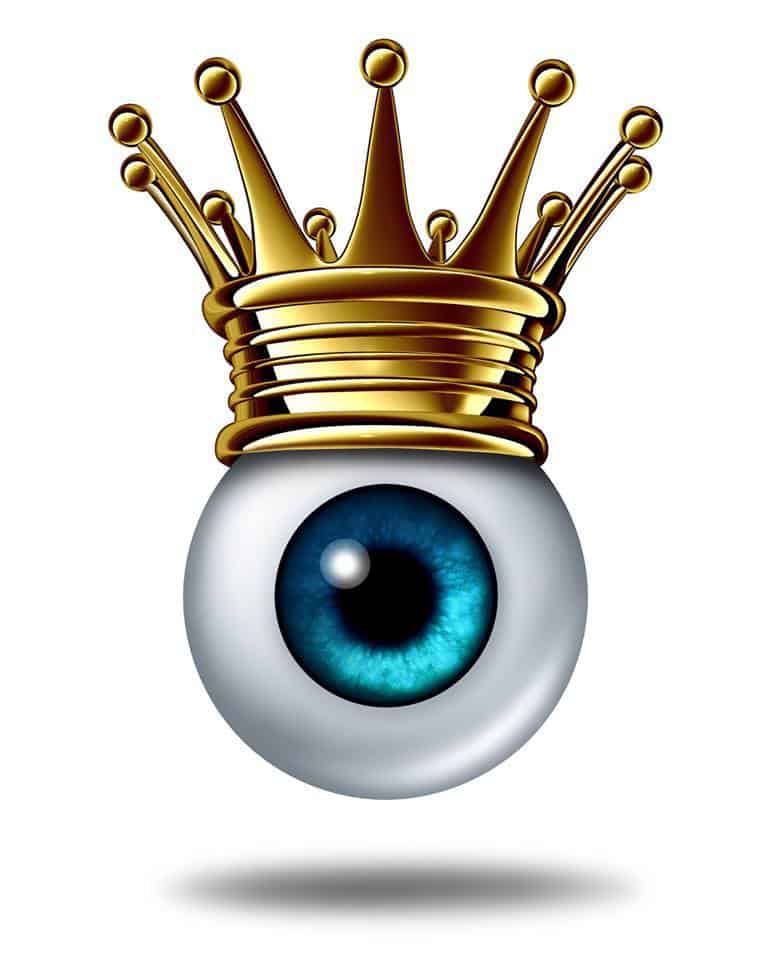You can’t blame anyone for getting confused between the Three O’s of eye care, especially because they all begin with an “O”. Here is an explanation each O and the role of the O in eye care.
(1) Ophthalmologist: A physician who specializes in examining and treating the eyes is called an Ophthalmologist. Ophthalmologists have an M.D. or Doctor of Medicine degree. Aspiring ophthalmologists attend medical school post college and then serve as interns in general medicine before moving on to a residency program in ophthalmology. This program usually lasts for three years and at this point the aspiring ophthalmologist comes into contact with thousands of patients, so it provides a lot of practical experience for future independent practices.
Most ophthalmologists practice general ophthalmology while some specialize in treating particular parts of the eye. They may also specialize in eye diseases such as glaucoma or cataract. Specializations require an additional fellowship of a year or so. Ophthalmologists provide total eye care, from standard eye examinations to comprehensive management of serious eye diseases. Ophthalmologists check people’s vision for any sign of disease or abnormality, and prescribe glasses or lenses on the basis of their diagnosis; they also treat all eye diseases and conditions, including diseases of the flesh surrounding the eye, bone and muscle.
Ophthalmologists carry out eye surgery, which can be either laser surgery or conventional surgery. They also prescribe medications. Ophthalmologists are trained to diagnose other illnesses which have eye symptoms, and refer the patient to the appropriate physician according to the illness diagnosed.
(2) Optometrist: An optometrist has a Doctor of Optometry or O.D. degree, and is not a medical doctor. An optometrist is trained to identify abnormalities of the eye, recommend, give or adjust corrective eye glasses and lenses. In emergency cases where a patient requires urgent medical attention or surgery, an optometrist will generally recommend a qualified ophthalmologist. Some Optometrists are authorized to dispense drugs to treat eye disorders.
(3) Optician: An optician’s job is to fit, alter and hand out eye glasses as per the optometrist’s or ophthalmologist’s stipulation. An optician is not authorized to diagnose eye disorders, contact lenses or medication. Some opticians recommend, give and adjust glasses.
“REMEMBER TO KEEP AN EYE ON YOUR EYES”
- 10 SIGNS YOU NEED AN EYE EXAM - May 20, 2018
- WORLD GLAUCOMA WEEK - March 11, 2018
- The Importance OfEye Exams - February 5, 2018


Recent Comments